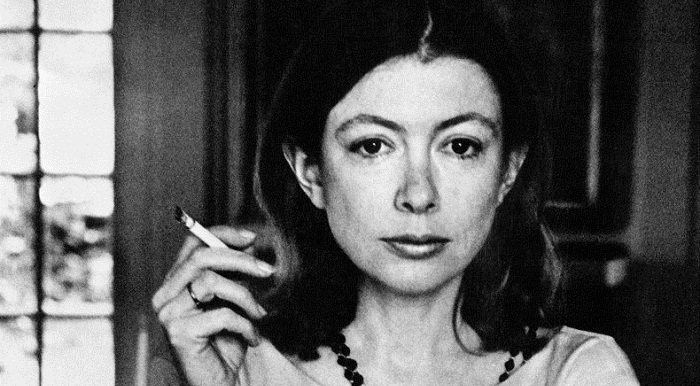I recently (and by recently, I mean about twenty minutes ago), had an encounter where my writing became a literal necessity. I am very energetic and READY to write right now, since the topic is fresh and the cut is deep, and that’s why this blog post is relatively spontaneous–but SO important.
Long story short, my friend has been physically, mentally, and verbally abused for the past year and a half. What started as a fun, and lovely college relationship, turned toxic extremely fast. However, by the time the moment came for her to step out, she was too deep in. Let’s call her Amy. Amy was so manipulated, and mentally abused that the things her boyfriend, let’s call him Bill, would do, she deemed as normal. Her ‘phone checks’, ‘outfit checks’ and regulation of where she can/can’t go, were SO normal to her, that she had no idea they were wrong. She was treated like literal PROPERTY for so long. As friends, we would constantly try to help and protect her, but it was almost a lost cause. We persuaded counseling, and advice. We involved parents–but nothing could get through to her. She loved him so much, she was blind to the manipulation because she just wanted to make him happy.
This past weekend, the ‘fight’ that I referenced in class was because of their relationship. It dragged many people in the middle, and created a literal fist fight due to a threat he proposed. This was the final straw for Amy. She finally saw the light, and understood what we have been trying to tell her for a year. It finally clicked for her when she saw the dislocated thumbs, broken wrists, and bruised cheekbones. The impact that her relationship had on an entire national fraternity was actually insane. I was in shock.
Amy finally decided to say something. She went to the ARD, and then the Title IX Coordinator–THANK GOD, FINALLY. My friends and I were literally screaming of excitement. As support, Amy asked me and another friend to come and sit with her at the meeting. After describing the relationship to the counselor, she asked us to create personal statements of everything we could remember from the relationship–anything abusive, anything that the police or Dean needed to know. She then sent us on an hour break.
Within this hour break, I was so TRIGGERED and so HEATED from simply recalling all of the acts Bill completed, I sat down and started writing our personal statements. I was done within the hour. I made a 5-page bullet list of dates, explanations, acts, results, and impacts in regards to what has happened over the past year and a half. I then shared this document with Amy and our friend. They read it, and were confused how I asked my mom to write this so quickly. Instantly I was confused.
My mom was an English major, and is now a lawyer. My friends literally thought that I called my mom, and told her everything and she typed it into a professional document and emailed it back to me to print. I replied and said “What do you mean… I just wrote this in the hour gap between meetings?”
My friends were SHOOK. I guess this proves that they have never truly seen nor appreciated my writing (until they needed it…).
They were impressed by the language, the efficiency, and how mature and how professional it was. To say the least, I was flattered. I suppose watching my mother type her legal documents all these years in correlation with my English Major really paid off…
Again, it is amazing how much my writing can have on people, and that is why I continue to write. From my Odyssey publication about my Ex that reached and helped so many people, to this ‘legal’ document that will reprimand this boy, I am ecstatic to make a difference, and to impact people simply with my words.
My suitemates, and the counselor, then proceeded to talk about how I should be a lawyer… go figure.
All in all, this has to do with the power of English, and of confrontation–that little ol’ subject we brought up last class. This disposition is the most confrontational thing that I have ever written. It is direct, bulleted, and doesn’t hold back. I am proud of it, as a piece of writing, and as something that could effectively help someone.
Jules xox


